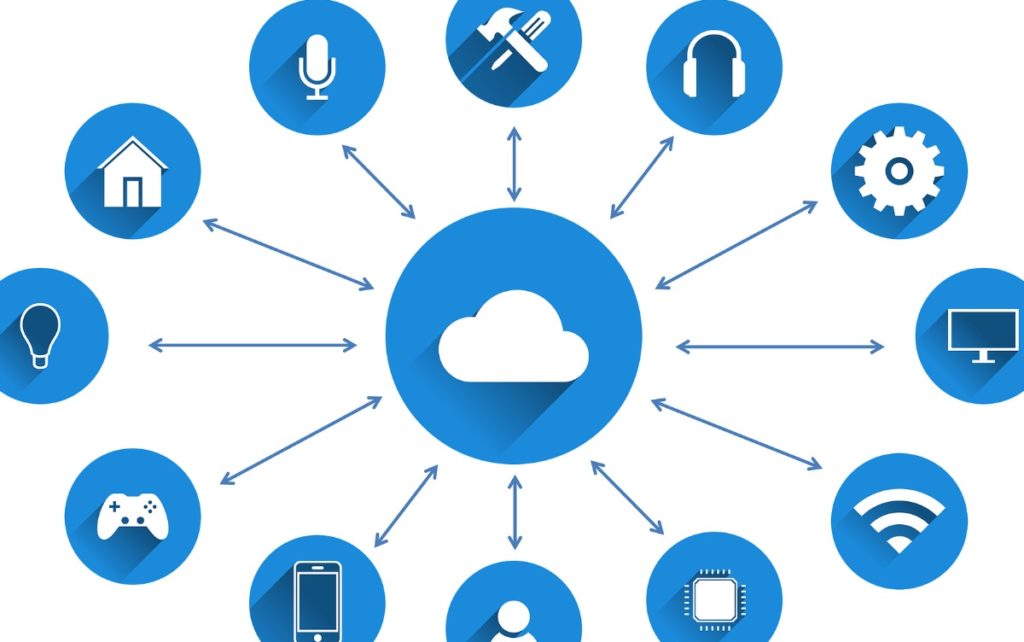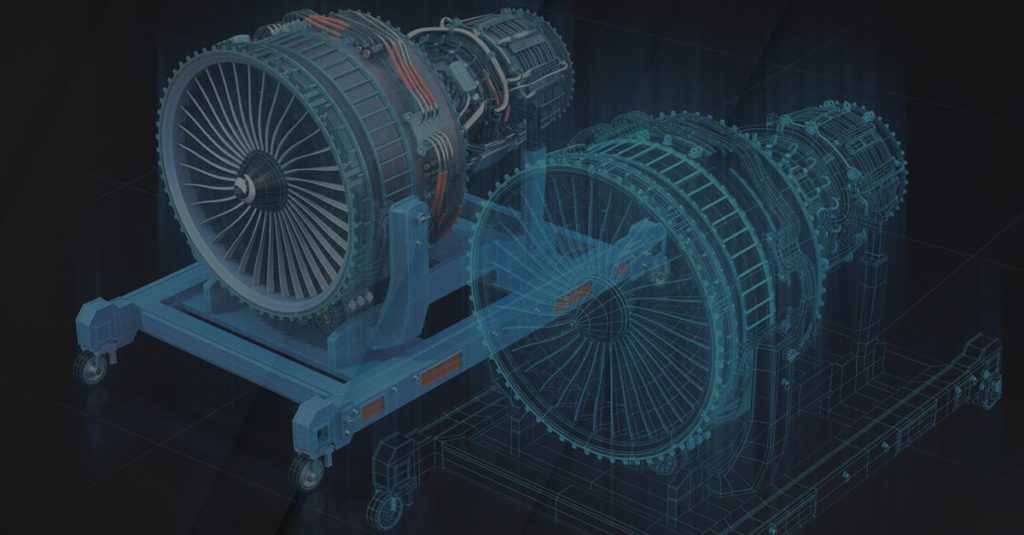
Main IOT applications in companies
From everyday uses to large-scale industrial applications, the IoT is expanding with relentless speed. Along with Artificial Intelligence, they are two of the most disruptive technologies of the decade.
Our car, telephone, GPS, … are all connected to each other and to the Internet. The Internet of Things, in simple terms, connects any device that is capable of maintaining a connection to the network. It is obvious why companies around the world are interested in this technology.
Let’s look at some of the most important applications that the IoT has brought to companies.
Lower maintenance costs
Maintenance costs and inventory management are very important concerns within industrial companies. In our article on the internet of things applied to industrial companies, we explained many of the advantages that could be applied to industrial companies, among them was a noticeable improvement in maintenance processes thanks to the IoT.
Through sensors we can monitor the status of our machinery and prevent breakdowns before they occur, as well as control many functions remotely.
Customer service improvements
The IoT can improve customer experience and satisfaction while facilitating vendor efforts with minimal cost and resources. One of the most easily observable applications is the ease of tracking of our orders in real time. This is useful both for individuals who buy online and for a company that places large orders from its suppliers.
In the case of tracking shipments to individuals, it will not only serve to reinforce the customer’s trust in us, by seeing the status and route of their order at all times, but it will also help us to optimize the route on site. For example, if a customer is able to see that their order is close by and cannot pick it up, they can postpone delivery immediately and the system will automatically calculate a new route to continue delivering their orders to new customers.
In the future, shipments may be made by autonomous vehicles or drones, and it is essential that these devices are constantly connected to the network.
Streamlining logistics
The case of the control of shipments for individuals can be applied to the internal logistics of our company. We can control the processes and movements of raw materials and products constantly, we could even have an inventory control method in the warehouses in which we know at all times what materials we have and which we need, and our factories could even automatically coordinate the shipment and receipt of materials and products.
Thanks to the IoT we will have an extremely efficient supply chain, which could even function without much human intervention.
Accessibility and security improvements
Both for companies and for any type of user, the interconnection of devices is the most important advantage of the IoT. We can design apps that send weather information to our smart bulbs, automatically turn on when the natural light is gone, or automatically close our factory door when the last worker has left.
This is not only more comfortable, but it will allow our employees to dedicate their time to important tasks instead of trivial ones, we can even incorporate improvements to accessibility with which employees or clients with certain disabilities could perform functions that they could not before. For example, if an emergency occurs at the workplace and a deaf worker cannot hear the alarm, they could receive a vibration on their smartphone, if it is connected to the same alarm network.
In fact, there are already functional prototypes in which mobile devices automatically connect to emergency networks if they detect anomalies, such as excessive acceleration that could indicate a fall from a great height, which would improve safety in our company, reducing the impact of work accidents.




